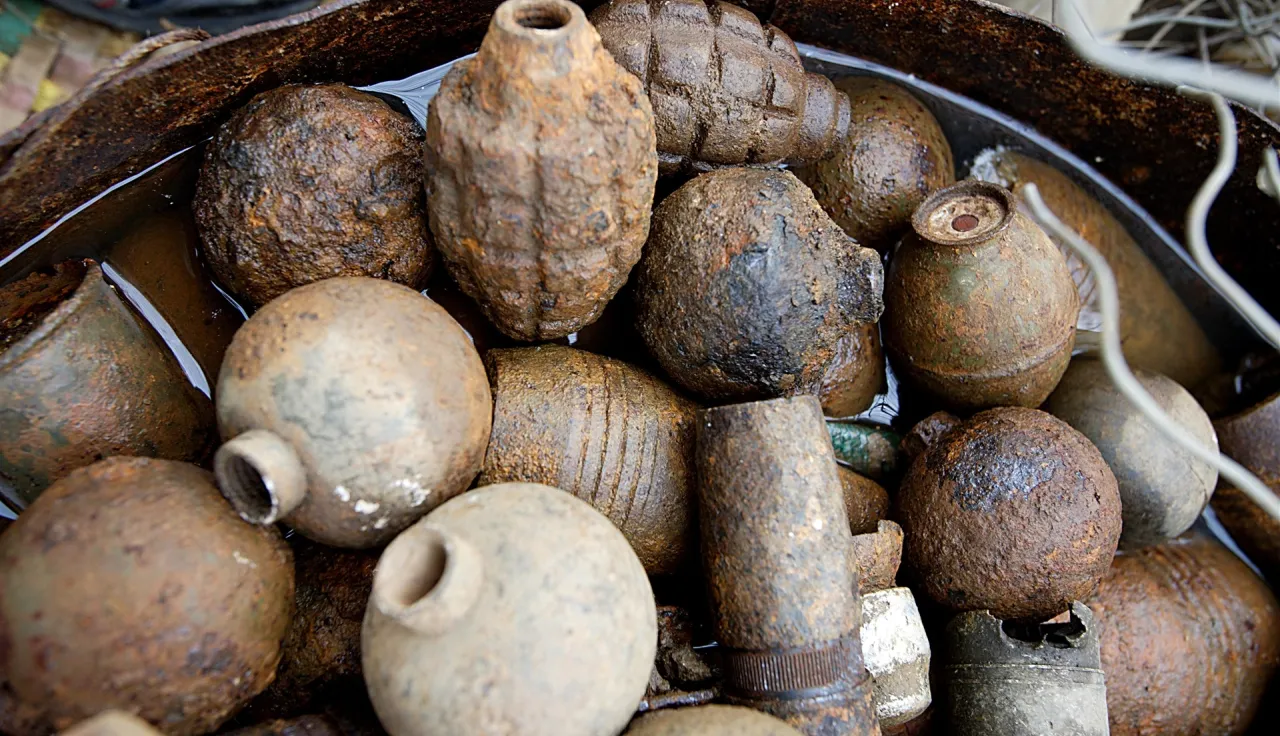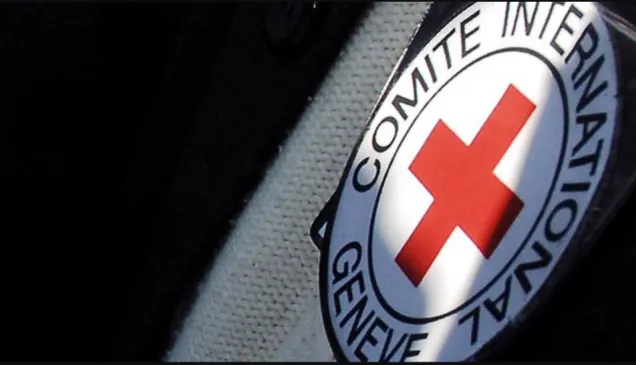Excellencies, Ladies and Gentlemen,
Every year, we, the leadership of the ICRC have stood before you in this forum with the same unequivocal message: any use of cluster munitions, anywhere, by anyone, must be condemned.
As a humanitarian, it is my duty to reiterate this message and to call upon those that continue to use cluster munitions to cease immediately. Cluster munitions remain one of the world's most treacherous weapons. They kill and maim indiscriminately and cause widespread human suffering. They make it unsafe for people displaced by war to return to their homes and farmers to their fields, for years if not decades after conflicts end.
Children are among their primary victims. I remember the testimony of a girl named Sose, who was maimed by cluster munitions in the Nagorno-Karabakh conflict when she was just 11 years old. Now in her twenties, Sose recalls picking up a crystal ball she found under a bridge near her home. She took it home to give to her little brother for his birthday. While gift-wrapping it, she dropped it. When the bomblet exploded she lost her left hand and suffered severe damage to one eye.
The Convention on Cluster Munitions is a successful treaty rooted in international humanitarian law that protects civilians, remedies a serious humanitarian problem and prevents further harm. While this is the first year of implementation of the new Lausanne Action Plan, we continue to face a number of challenges.
- Cluster munitions continue to be used in several States that are not party to the Convention. In the last few years, there have been multiple reports of their use in Syria, Yemen and Libya, in the Nagorno-Karabakh conflict, and most recently in Ukraine. It is alarming that in the first six months of this year, at least 689 casualties were reported, a sharp increase from annual totals in 2021 and 2020.
- Today, the new use, and remnants of cluster munitions, continue to endanger people's lives and threaten injury in many places. The overwhelming majority of victims are civilians – according to the Cluster Munition Monitor 2022, civilians accounted for 97% of all recorded casualties in 2021.
- The ambitious goal set out in the previous Dubrovnik Action Plan to achieve 130 States Parties by 2020 remains unmet. Not a single State joined the Convention this past year, and in 2022 we remain 20 States Parties short of that goal.
In light of these challenges, we at the ICRC call for clear and decisive action by States Parties, namely:
- Any use of cluster munitions by any actor in any conflict must be unequivocally condemned, particularly given repeated reports of their use by States not party to the Convention.
- There must be redoubled efforts to promote universal adherence to the Convention and its norms. We call on all States that have not yet done so, including the 13 signatories, to join the Convention without delay. We also urge all States and parties to armed conflicts to immediately stop using, producing, transferring and stockpiling cluster munitions.
- A coordinated and well-planned humanitarian and development response is needed to address contamination by cluster munitions. Risk education and awareness for affected communities should be coupled with programmes that make life safer for communities in contaminated areas. Such programmes should also be integrated into longer-term livelihood-support initiatives and economic security and social welfare programming.
- Victims and affected communities should be placed at the centre of mine action. The lifelong needs of survivors and their families must be met to ensure their full, equal and effective participation in society, taking into account diversity amongst populations, including gender and age.
- Long-term national response capacity needs to be ensured. This includes exploring innovative ways to finance mine action.
Excellencies, Ladies and Gentlemen,
The ICRC remains firmly committed to assisting States in achieving the humanitarian goals of the Convention, both through law and policy advocacy and through our work on the ground. This year, alongside other components of the International Red Cross and Red Crescent Movement, we are providing technical and financial support to initiatives that address weapon contamination in up to 50 countries. We also provide support to 323 facilities and projects to support the rehabilitation of persons with physical disabilities in 37 countries and territories.
Sose and countless others like her continue to live with the mental and physical trauma resulting from their encounters with cluster munitions. For their sake, we – States Parties, international and civil society organizations, demining operators and the Convention's community as a whole – must redouble our collective efforts to rid the world of these pernicious weapons once and for all.



